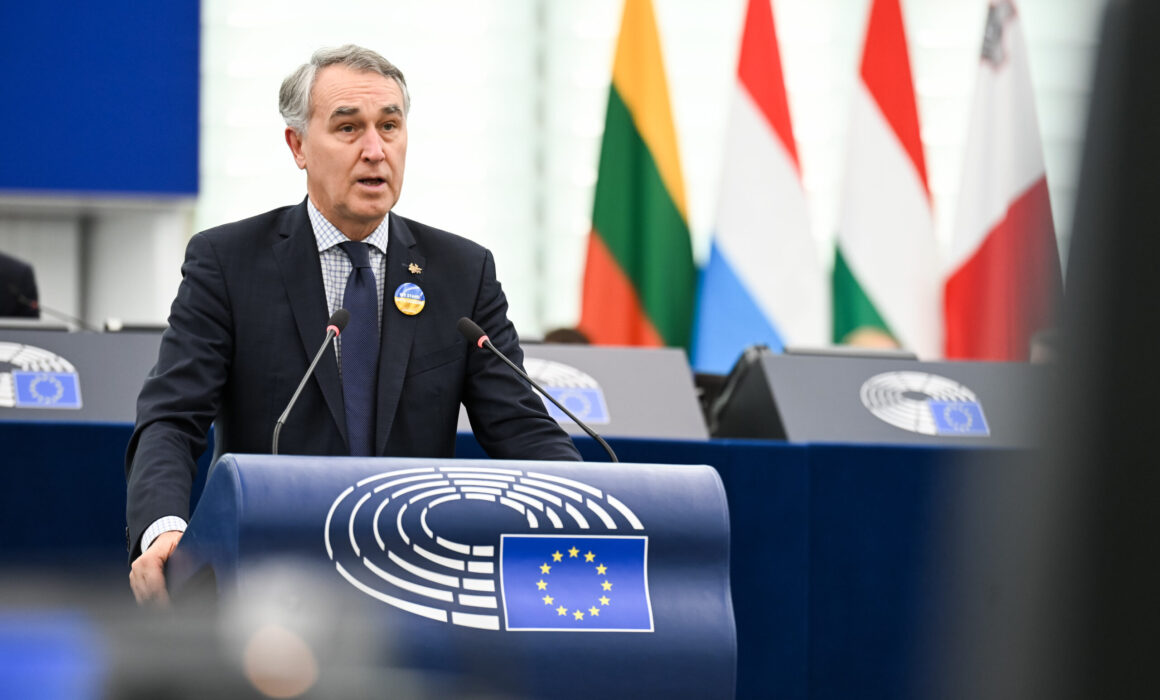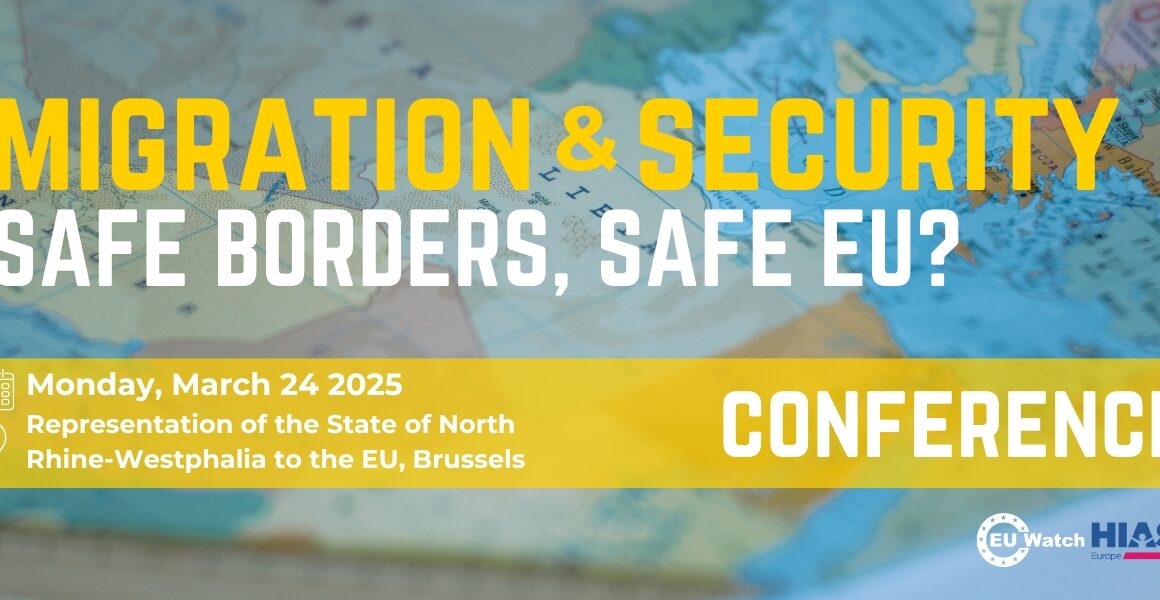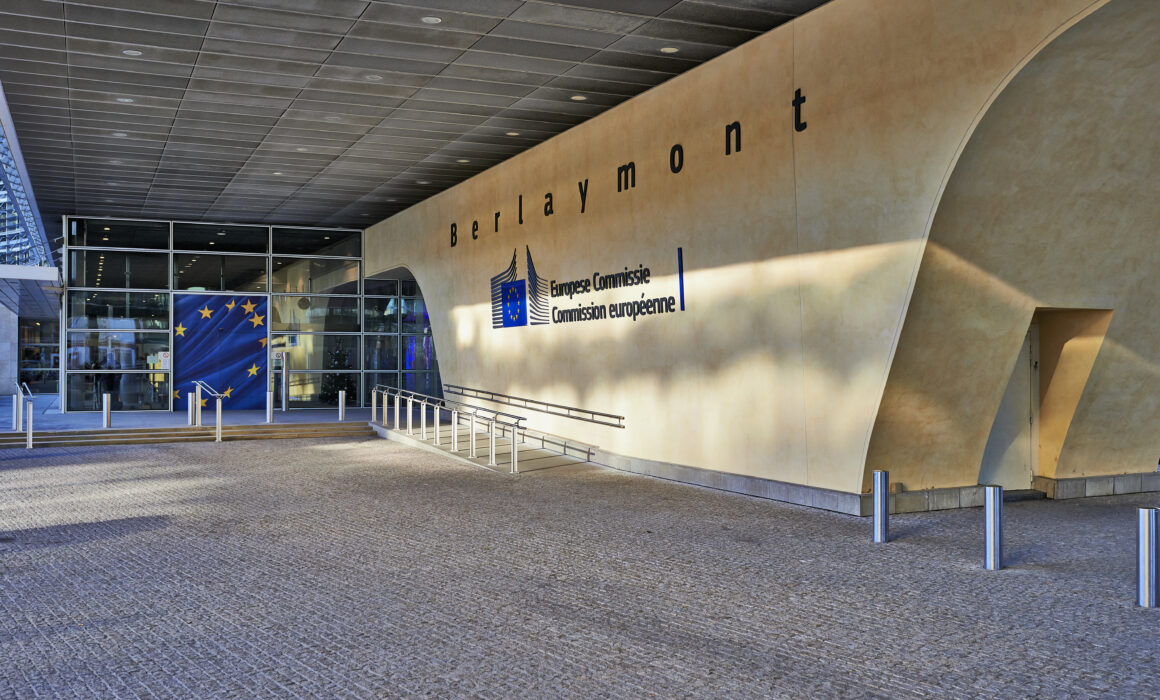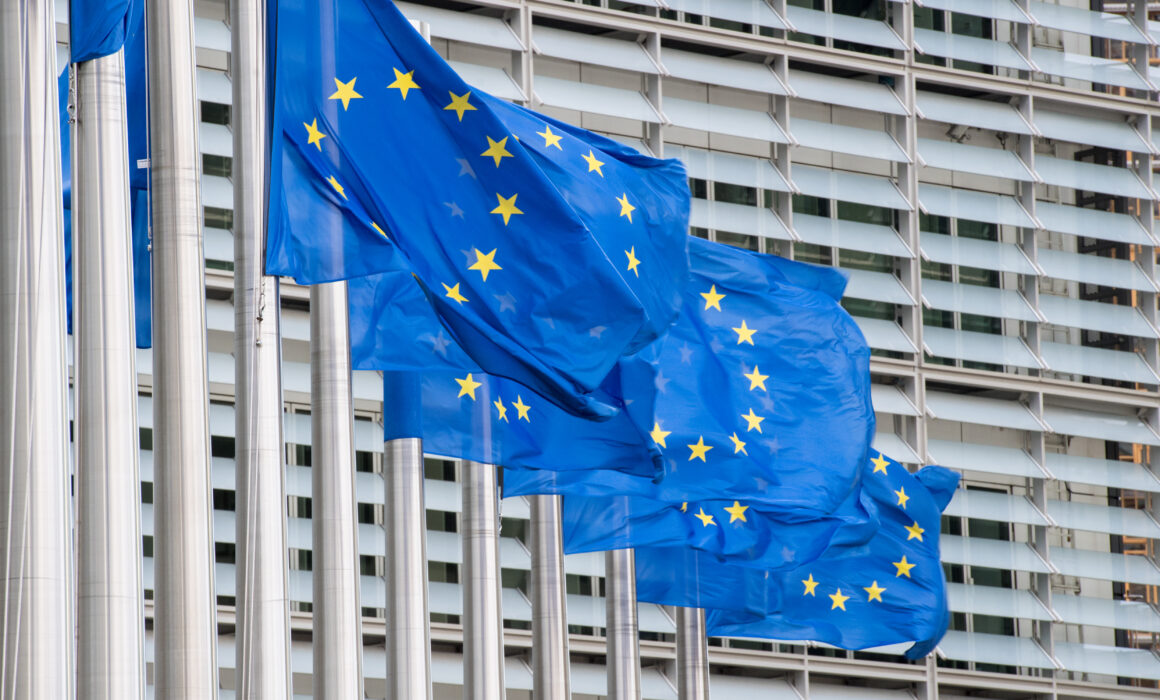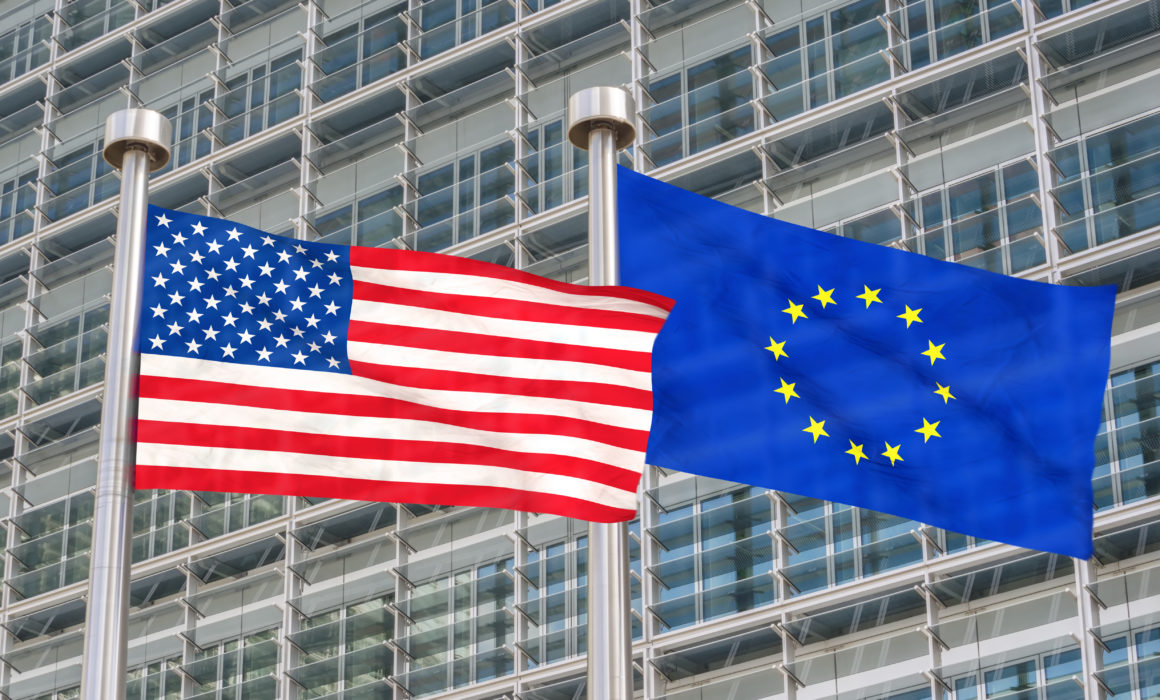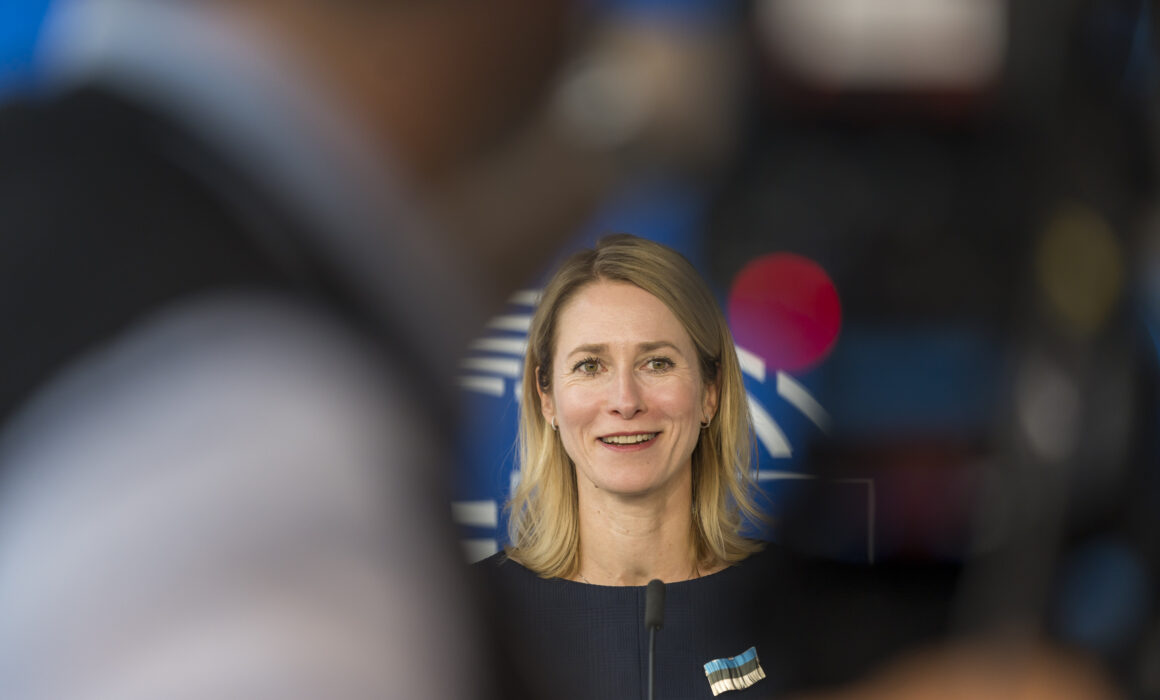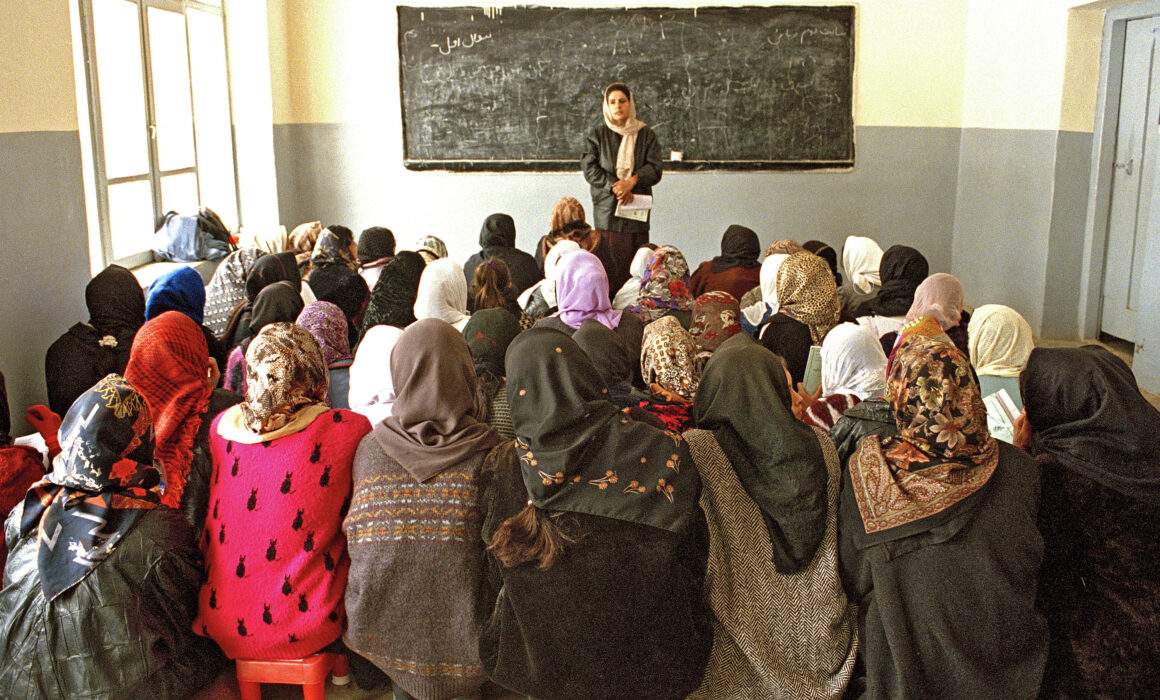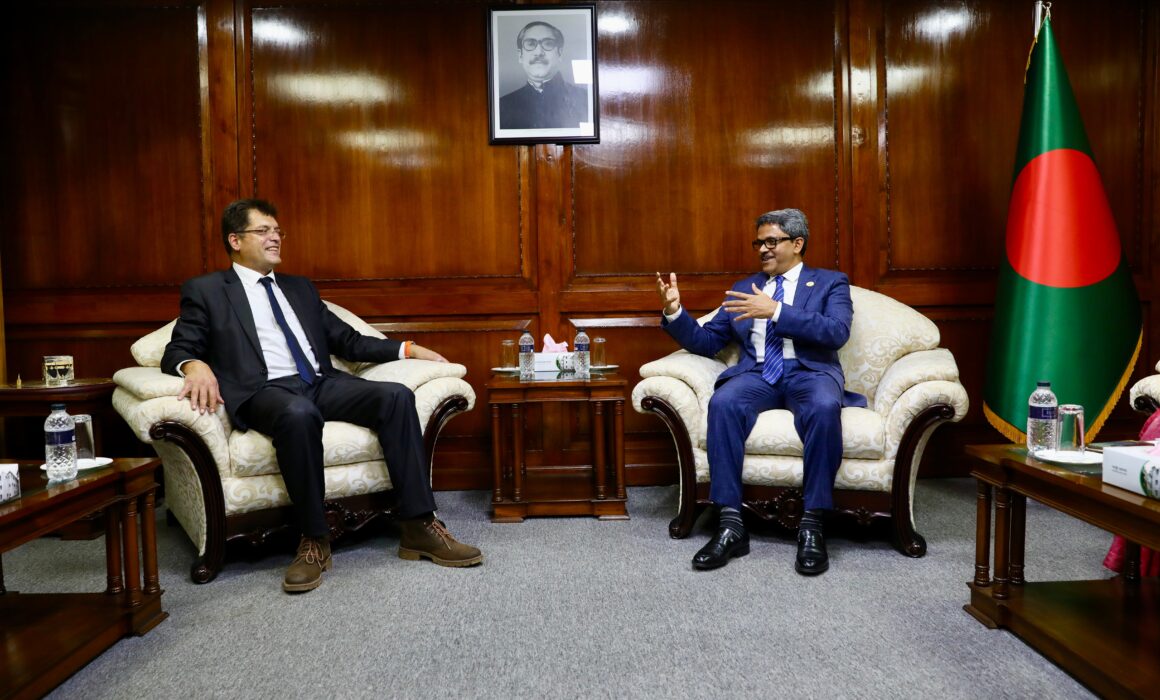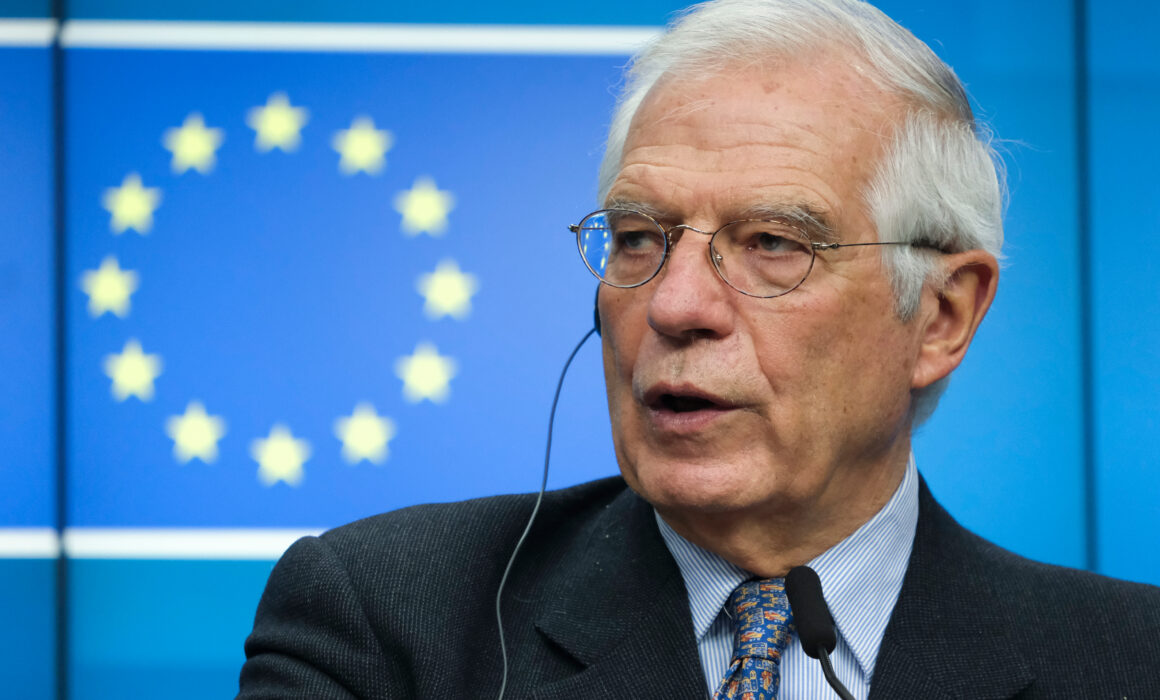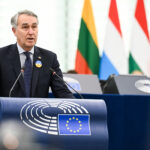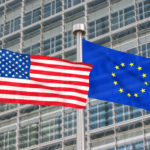The measures are aimed at a range of economic sectors and include almost 200 individuals and entities subject to asset freezes and travel bans.
The European Union has adopted a new package of restrictive measures against Russia. It was the ninth round of sanctions since the Russian invasion of Ukraine in Februar. The measures are intended to step up pressure on the Russian government to stop the war, the EU said.
“After food and hunger, Putin is now weaponising the winter, by deliberately depriving millions of Ukrainians of water, electricity and heating. The European Union is responding to this latest escalation and war crime with our 9th package of hard-hitting sanctions. We will continue targeting the economy and against those who are instrumental in this brutal war”, said Josep Borrell, High Representative for Foreign Affairs and Security Policy, in a statement.
The agreed package includes a series of measures intended to hit hard Russian economy and abilities to continue its aggression.
We are very committed to support Ukraine as much as we can.
— Charles Michel (@CharlesMichel) December 15, 2022
→ #EUCO confirmed the €18 billion macro-financial assistance 🇺🇦.
→ We welcomed the decision to increase the European Peace Facility.
→ We succeeded in reaching agreement on the 9th package of sanctions. pic.twitter.com/nOMZ6FvMkm
Export controls and restrictions
New export controls and restrictions on so-called dual-use goods and technology as well as on goods and technology that contribute to the technological enhancement of Russia’s defence and security sector are among the sanctions. The EU’s list of entities connected to Russia’s military and industrial complex is extended with an additional 168 entities that are now targeted.
This is to ensure that key chemicals, nerve agents, night-vision and radio-navigation equipment, electronics and IT components that could be used by the Russian war machine could no longer be freely traded, the EU said. To avoid circumvention, some Russian-controlled entities based in occupied Crimea are also included in the list.
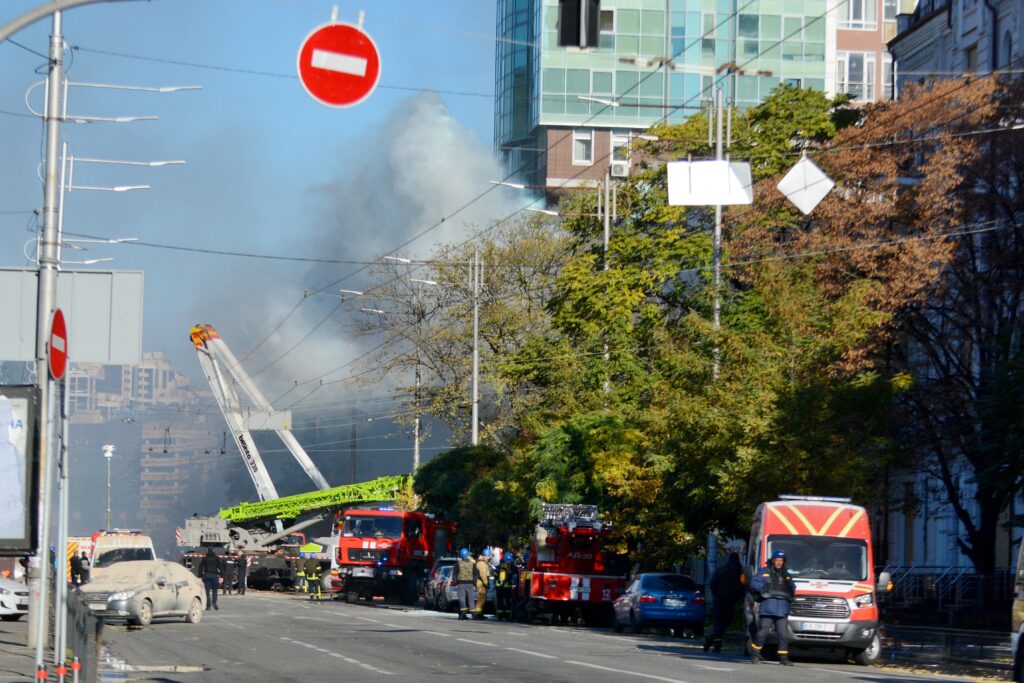
Furthermore, the EU will expand the export ban on aviation and the space industry related goods and technology to include aircraft engines and their parts. This prohibition will apply to both manned and unmanned aircrafts, meaning that from now on there will be a ban on the direct exports of drone engines to Russia and any third country that could supply drones to Russia.
The EU emphasised that none of the measures target the trade in agricultural and food products between third countries and Russia. Wheat and fertilisers are not affected. However, it was decided to introduce a new derogation allowing to unfreeze assets of, and to make funds and economic resources available to, individuals who held a significant role in international trade in agricultural and food products, including wheat and fertilisers, prior to their inclusion on the EU list of sanctioned individuals and entities.
Banking sector
The EU will also impose an asset freeze against two more Russian banks and add the Russian Regional Development Bank to the list of Russian state-owned or controlled entities that are subject to a full transaction ban.
Broadcasting
In order to address Russia’s “systematic, international campaign of disinformation and information manipulation intended to destabilise its neighbouring countries, the EU and its member states”, the Council of Ministers of the EU also initiated the process for suspending the broadcasting licences of four additional media outlets, NTV/NTV Mir, Rossiya 1, REN TV and Pervyi Kanal.
These outlets are considered to be under the permanent direct or indirect control of the leadership of the Russian Federation and are being used for Russia’s “continuous and concerted disinformation and war propaganda actions”, the EU said. In line with the EU Charter of Fundamental Rights, these measures would not prevent those media outlets and their staff from carrying out activities in the EU other than broadcasting.
Western components found in Russia's killer Orlan-10 drones, which are used to direct artillery strikes in Ukraine.
— Naomi O'Leary (@NaomiOhReally) December 16, 2022
A Reuters/RUSI/iStores investigation tracked a global, elastic, sanctions-evading supply chain stretching from Hong Kong to Floridahttps://t.co/VBbd90xJu1 pic.twitter.com/fQ6nkTliUl
Consulting services
The sanctions package also includes a ban on the provision of EU advertising, market research and public opinion polling services, as well as product testing and technical inspection services to the Russian Federation.
Energy and mining sectors
The EU said it would expand the prohibition targeting new investments in the Russian energy sector by additionally prohibiting new investments in the Russian mining sector, with the exception of mining and quarrying activities involving certain critical raw materials.
Furthermore, EU nationals will be forbidden from holding any posts on the governing bodies of Russian state-owned or controlled entities.
Individual listings
In addition to economic sanctions, the Council decided to adopt a comprehensive package of individual measures both in number and content with list additional individuals and entities whose assets in the EU will be frozen and who will not allowed to travel to the 27 EU countries.
Our most recent news
“This is an existential threat – not only for Ukraine, but for Europe itself” – Lithuanian MEP Auštrevičius
EU Watch interviewed Lithuanian politician Petras Auštrevičius who serves for the third time as a Member of the European Parliament. We discussed Russia’s war against Ukraine, the EU’s defense strategy and the concept of strategic autonomy vis-a-vis NATO.
Register Now – Conference “Migration and Security: Safe Borders – Safe EU?”
EU Watch AISBL and HIAS Europe are delighted to invite you to our conference that is taking place on Monday, March 24 2025, at the Representation of the State of North-Rhein Westphalia to the EU, in Brussels.
EU: Taliban recognition hinges on full compliance with international norms
Read the response to our letter sent to EU foreign policy chief Josep Borrell regarding the EU’s Afghanistan policy and human rights issues, with a particular focus on Afghan women’s rights.
How the US election could shape Europe’s security future?
EU Watch interviewed Finnish politician Mika Aaltola, who serves for the first time as a Member of the European Parliament. We discussed the issues of the impact of US elections on Europe’s security, NATO and the EU enlargement.
‘Kaja Kallas is my hope for an EU that speaks with one voice’, says Austrian MEP Brandstätter
EU Watch interviewed Austrian politician Helmut Brandstätter, who serves for the first time as a Member of the European Parliament. We discussed the issues of Ukraine’s support, EU enlargement, migration and media freedom.

